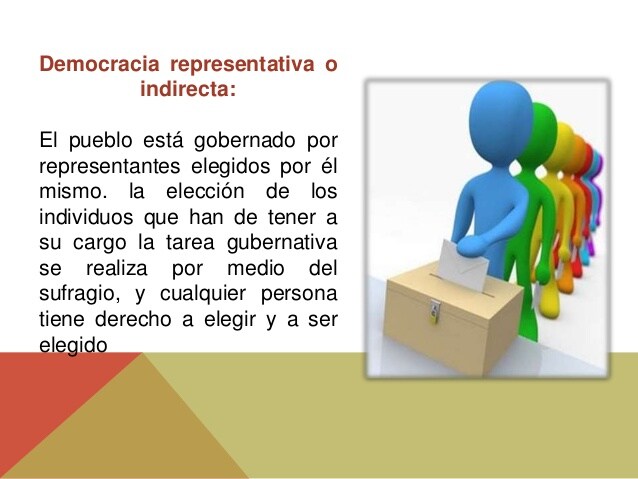Contenidos
Como hacer ciencia politica giovanni sartori pdf
Politics giovanni sartori chapter-by-chapter summary
In this diagnosis Sartori is not alone. Authors such as Habermas also argue that political science and law move in this tension between empirical and normative elements or, as he calls it, “between factuality and validity” (Habermas, 1998). This author also criticizes the reduced concept of the political in contemporary political science, its isolation from political philosophy, its excessive empiricism and its emphasis on instrumental reason. These characteristics prevent him from understanding the meaning of many of the transformations of contemporary politics. Therefore, a better understanding of these phenomena would require reestablishing a relationship between political philosophy and political science.
The work of David Easton, in the first half of the 20th century in the United States, and of Niklas Luhmann, in the second half of the 20th century in Europe, constitute the most representative functionalism in political science. The work of these two authors is strongly influenced by that of Parsons. Easton (1982) proposed the concept of system and the study of its functions as the object of study of political science, since neither the state, nor conflict, nor power seemed to him to be sufficiently precise concepts on which to base scientific research. What concerned this author was the preservation and stability of the political system. From the above it follows that the object of analysis of the political shifts from the actions of the actors in the constitution of society to the analysis of the processes and procedures that allow the continuity of the functioning of the political system, with which political science reduces its conception of politics to mere systemic or functionalist rationality.
Giovanni sartori main ideas
Despite being a compilation, the work can rightfully be seen as a complete handbook, centered of course on the theme of the logical ordering of thought. The thematic chapters delve into three aspects: analyzing the options for the scientific study of politics, comparative politics, and the formation of concepts.
For the discussion of the idea of politics and the possibilities of its scientific study, Sartori takes up two extracts from La política, without making any substantive corrections with respect to the first version of both texts. What is striking is the omission of parts of the text found in the earlier publication. There is now a notable decrease in the use of the term “political science”; even in the third chapter, “Philosophy, science and values”, corresponding to the chapter originally called “Politics as a science”, the omission of a large fragment discussing the relationship between the vision of science and the project of political science is notable.
The political science of giovanni sartori
Giovanni Sartori (Florence, 1924) is a classic of political science. He currently holds the Albert Schweitzer Chair in the Humanities at Columbia University in New York and is Professor Emeritus at the University of Florence, which is the center of Italian political science and one of the great centers of world political science. Sartori is undoubtedly one of the great forerunners of Italian political science and one of the world classics. In 2005 he received the Prince of Asturias Award for Human Sciences.
El pluralismo polarizado de giovanni sartori
Este artículo destaca la importancia de las aportaciones de Giovanni Sartori a la ciencia política y considera dos temas-debate como pretexto para hacerlo. A partir de la revisión de las críticas y reformulaciones realizadas por el politólogo italiano sobre las conocidas Leyes de Duverger y La Ley de Hierro de la oligarquía en las organizaciones se analiza la forma en que Sartori argumentó y enfatiza en algunas de sus contribuciones a la disciplina: El rigor en el manejo de los conceptos; El diálogo permanente con los autores clásicos; La posibilidad de establecer generalizaciones acotadas o condicionadas, pero con las pretensiones de establecer regularidades para evitar la casuística y poder avanzar en la disciplina, especialmente a través de la comparación; La convicción de que es posible encontrar relaciones causales en el análisis de los problemas políticos, que éstas pueden ser enunciadas como proposiciones de mediano alcance; Que es posible diseñar componentes de los sistemas electorales bajo la premisa del “mejor sistema”, el más estable, el más incluyente y el que desarrolla la democracia y, derivado de lo anterior, que es posible predecir cuáles son los efectos de las reglas del juego.







